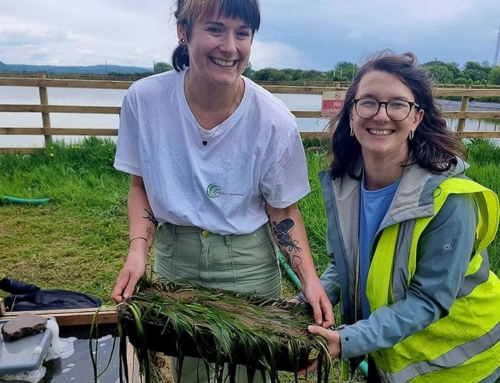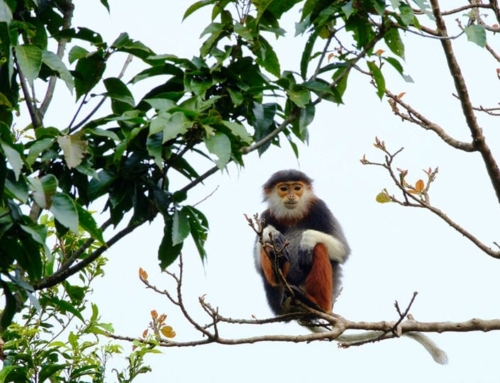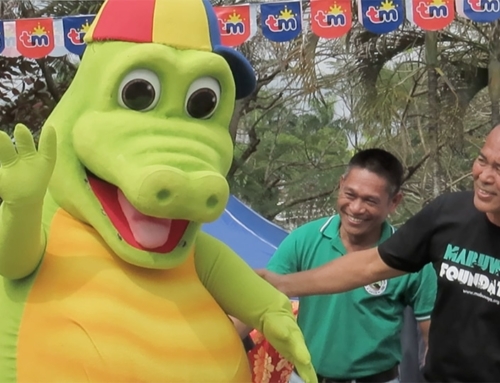Around the world, the COVID-19 pandemic is taking a terrible toll: lives are being lost and families devastated; there is increasing job insecurity and anxiety about the future. As the crisis continues, we take a look at how it is is affecting partners we work with and what we are doing to support them.
In the UK, a survey by the Office of National Statistics reports that 4 in 5 adults feel worried about the effect coronavirus is having on their lives, with over half saying it is affecting their wellbeing. The survey also reports that over three quarters of people describe staying in touch remotely with friends and family as the most important factor helping them to cope.
But what if that lifeline was taken away? What if internet connectivity was poor or non-existent, or phone credit was prohibitively expensive? And what if obtaining food and basic medical supplies was more difficult than having to queue at the supermarket and keep two metres apart from your fellow shoppers?
Through our conversations with partners, we are beginning to understand how COVID-19 is affecting people living and working in very different contexts around the world. While the disease itself is the same wherever you are, its impact is not. The people and organisations we support are reporting a range of impacts on their lives, their families and their work.
Health
All our partners, wherever they are based, have the same priority: to protect themselves, their families, friends and colleagues and, where they can, to help protect their communities. We share this priority with them and we are busy exploring what we can do to help keep them and their local communities safe.
In many places, basic protective equipment is difficult or impossible to come by, but the absence of vital health information available to the public also poses a significant challenge. Much of the work we support is led by people deeply embedded in their communities, in areas where access to public health information can be patchy. Many of our partners have strong voices in civil society, so are well placed to fill critical information gaps for local people in their area. Others already have a significant role in healthcare provision, for example, Fundaeco in Guatemala, which runs health clinics in the Western Highlands around its amphibian reserves, or Dynamique des Groupes des Peuples Autochtones, in the Democratic Republic of the Congo (DRC), which instigated construction of a public health facility in Mai Ndombé province, with funding support from Synchronicity Earth.
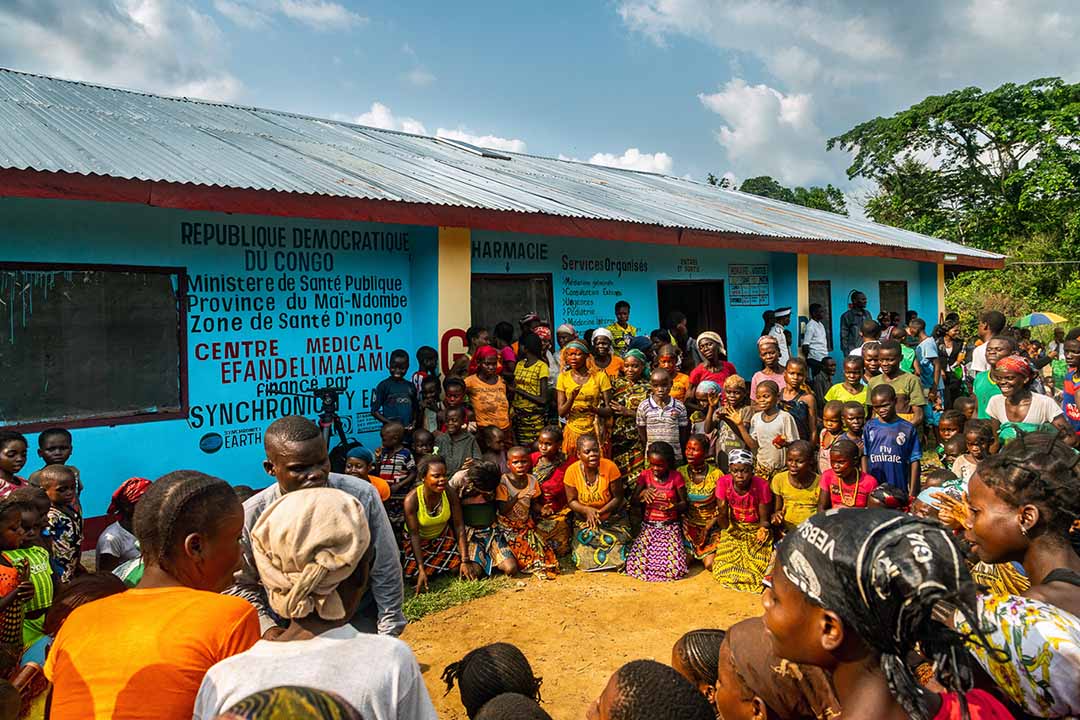
Synchronicity Earth partner Dynamique des Groupes des Peuples Autochtones (DGPA) plays an important role in promoting public health and mutual cohabitation in the villages of Loile (Pygmy) and Mpaaha (Bantu) in Mai Ndombé province (DRC). Image © Chris Scarffe
To support these efforts, we have provided a checklist for partners, detailing up-to-date information on protective measures such as social distancing, sanitation and self isolation. In the DRC, our partners CFLEDD (Coalition of Women Leaders for Environment and Sustainable Development), Mbou Mon Tour, Land is Life and Reseau CREF are all helping to raise awareness about the virus, and the kind of health precautions people should take. This is particularly important for groups who may be marginalised and live in remote locations, for example, Pygmy communities in Mai Ndombé province, as the health impacts on these groups are potentially devastating.
Some of our partners are also distributing supplies and protective equipment to help members of the community stay safe.
In Papua New Guinea, our partner Bismarck Ramu Group (BRG) is disseminating information and resources to help local people protect themselves against COVID-19. BRG staff have told us that there is a high level of confusion and misinformation about the virus, so they are using their networks and relationships within communities to provide accurate information to communities to help stop the virus spreading.
Economic uncertainty
Protecting health is paramount, but the growing economic crisis developing in the wake of the virus is, in many cases, an equal if not greater challenge. Much of the support taken for granted in more highly industrialised countries – cover for furloughed staff, some form of economic safety net for the most disadvantaged, easy access to technology and telephone networks – does not exist. As many of our partners are also confined to their homes, the economic and logistical difficulties of running an organisation are exacerbated. They face a range of problems, including: practical difficulties paying employees (where sometimes cash payments are the only option); staff without the financial resources to pay for basics such as food, water or electricity; insufficient funds for monthly subscriptions to internet and telephone services making home working and virtual meetings all but impossible.
In most countries, the focus of government is – understandably – on reducing the impacts of COVID-19 on their citizens’ health and the economy. For partners relying on some form of government support, or involved with government agencies through their work, many initiatives and processes are on hold. Other sources of funding are also severely affected by COVID-19: zoos, which are major funders for some of the partner organisations we work with, have had to suspend many of their revenue-generating activities. Partners including the Amphibian Survival Alliance, Talarak Foundation Inc., Save Vietnam’s Wildlife, Mabuwaya Foundation and the Asian Species Action Partnership are facing significant financial challenges as much of their funding from zoos is currently on hold. At the same time, many corporate funders, foundations and individual donors are adjusting their priorities to focus on more immediate, short-term, domestic concerns.
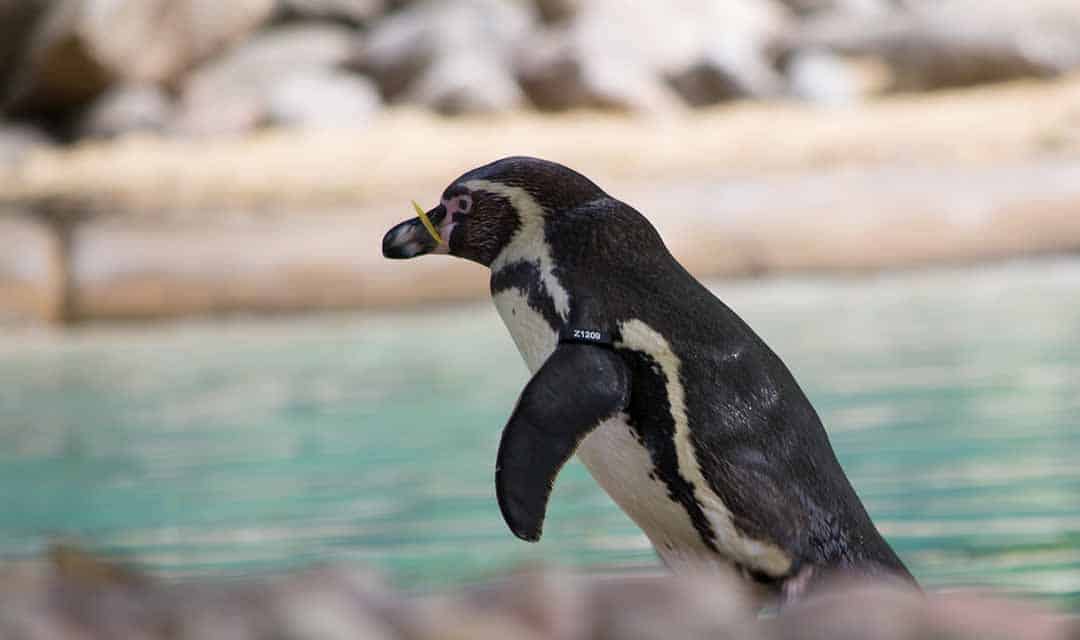
Zoos are a vital source of funding for many conservation organisations around the world. The impact of COVID-19 is certain to impact heavily on the funding of several of our partners. Image: Pixabay
Impact on work and risks
For many of our partners, work on the ground has come to a complete standstill. In-country restrictions on travel and widespread lockdowns are severely limiting their capacity to carry out project work, and partners relying on outside expertise have had to postpone key activities. Few areas of work remain unaffected and in many cases organisations are having to adapt to suit their new circumstances in any way they can: for example, staff at Tesoro Escondido Reserve, in Ecuador, unable to go out into their communities or continue their education programmes, are using social media to disseminate information and raise awareness. We are currently looking to develop and share social media tools and advice to help them and other partners get messages out to their communities and the wider world as effectively as possible. Meanwhile, our partner Save Vietnam’s Wildlife temporarily suspended the rescue and rehabilitation of pangolins and other species for over a month, and has been focusing instead on its campaign to put pressure on the Vietnamese government to strengthen laws and regulation on wildlife poaching and trafficking.
While partners work out how best to adapt, risks to the species and areas they are working to protect may be increasing. For example, where roads are being closed in an attempt to contain the spread of the disease, the subsequent impact on supply chains can lead to increased poaching of wildlife to provide bushmeat. With authorities’ attention elsewhere, there is a risk of an increase in activities such as illegal exploitation of timber, and the resulting negative impacts that has on forest communities.
In some countries, for example in Ecuador where our partner Jocotoco works, urban lockdowns have driven more people to the countryside, where lockdowns are harder to enforce. The knock-on effect of this has been an upsurge in poaching and illegal logging, meaning that more time and money needs to be invested in patrolling reserves. There is also a risk that discrimination and human rights abuses will increase in the most vulnerable communities.
With zoonotic diseases such as COVID-19, there is also the very real risk of transmission back to animals from humans, with particular concern that great apes may be susceptible to infection by the virus. Our partners working with these species, such as Mbou Mon Tour (bonobos) and Hutan (orangutans) have temporarily reduced habituation and research activities with the apes as a precaution against this type of transmission.

There is a risk that COVID-19 may be passed from humans to other species, such as great apes. Partners working with great apes are taking measures to minimise contact and avoid risk. Image © Hutan
For our partners involved in advocacy and campaigning at international level, or research and data collection, the challenges are different. Much vital work aimed at protecting the natural world is essentially on hold while the COVID-19 crisis continues: meetings, conferences and high level discussions have been postponed as national and international governments and institutions respond to the pandemic. This includes the UN negotiations on a new high seas biodiversity treaty. Despite this, a number of our partners are continuing to engage in advocacy and campaigning virtually, and have been pleasantly surprised that government representatives are still open to this work despite urgent public health concerns.
For our partners working to build the knowledge base on biodiversity, the negative impacts of the COVID-19 pandemic are also being keenly felt. For example, the IUCN SSC Amphibian Red List Authority have had to postpone three data collection expert workshops, while other partners, such as the IUCN Freshwater Biodiversity Unit are considering changing their approaches to data collection and expert review so they can continue generating biodiversity information.
The Synchronicity Earth response
As we begin to understand the challenges our partners are facing, we are exploring how to provide the support they need, first and foremost to look after themselves and their staff but also, in the longer term, to continue their vital work.
Our priority is to offer understanding and flexibility and maintain clear lines of communication. This is true for the partners themselves, but also for the donors and foundations that support them through our Programmes. For example, where work has had to be postponed, we can seek agreement from donors to extend grant deadlines to allow work to be completed when it is possible and safe to do so. Where partners are asking to change the focus of their grant to the immediate task of helping to protect local people in their communities, we are talking to donors to facilitate this process. For example, with our partner Mabuwaya Foundation, we have agreed to delay the start of their current grant and given approval for them to use some of the funds remaining from a previous grant to cover salaries for their team while lockdown remains in place. At the same time, a greater proportion of their next grant will go to supporting core costs.
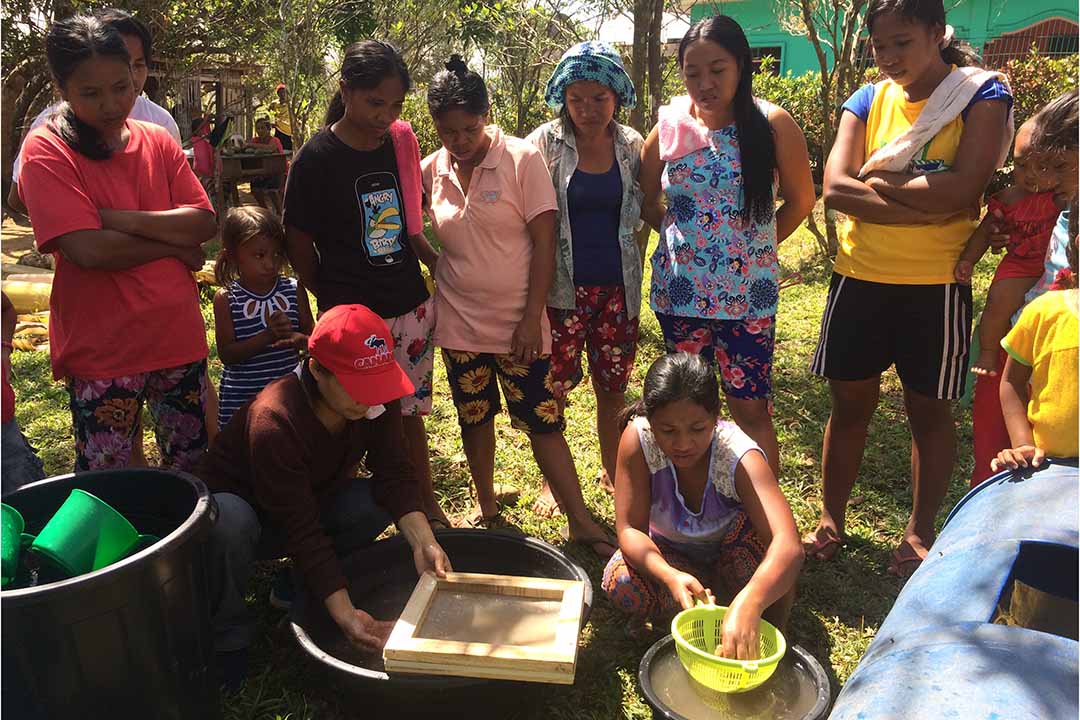
With community outreach and education activities suspended, partners need flexibility from funders to help them cover salaries and costs during the uncertainty of the COVID-19 pandemic. Image © Mabuwaya Foundation
As we are all coming to terms with a difficult and unprecedented situation, many of our partners are still working out how they can adapt, what their priorities need to be and where they can help. Our aim is to support them in this process in any way we can. From past experience, we recognise that maintaining strong relationships in times of crisis and taking a long-term view is the best kind of support we can offer. Over the years, we have seen how this approach can lead to better outcomes. Working with partners in the Eastern Democratic Republic of Congo in times of conflict, or in Liberia during the Ebola outbreak there, we saw how this type of support is critical for the long-term success of their work to resist pressure on their land and communities from extractive industries and agribusiness.
For our Congo Basin Programme, we work with a group of funders to offer pooled funding, reducing the burden of proposal writing for our partners working in the DRC and Cameroon, and sharing knowledge and experience between funders. We recently organised a webinar to outline how we are supporting our partners. Funders all agreed to be flexible with their grants to help our partners through the COVID-19 crisis. Several of our Congo Basin partners are now in the process of updating their budgets to cover operational costs and provide support for their staff to work from home, purchase communications equipment and develop materials and campaigns to support their communities fighting the virus.
Looking ahead
There is no doubt that our partners’ activities are being severely impacted by COVID-19. Protecting overlooked species and ecosystems in some of the most biodiverse – but also some of the poorest – regions on the planet brings multiple challenges. The current situation amplifies many of those challenges, but it also offers opportunities: through open and honest dialogue we can deepen and strengthen our relationships with our partners around the world. By understanding their needs and supporting their core costs, we are helping to build more resilient organisations that have the trust of their communities. The importance of what our programmes and partners are trying to achieve is undiminished, and we want to express our sincere gratitude to all our donors for their continued support through these unprecedented and challenging times.


